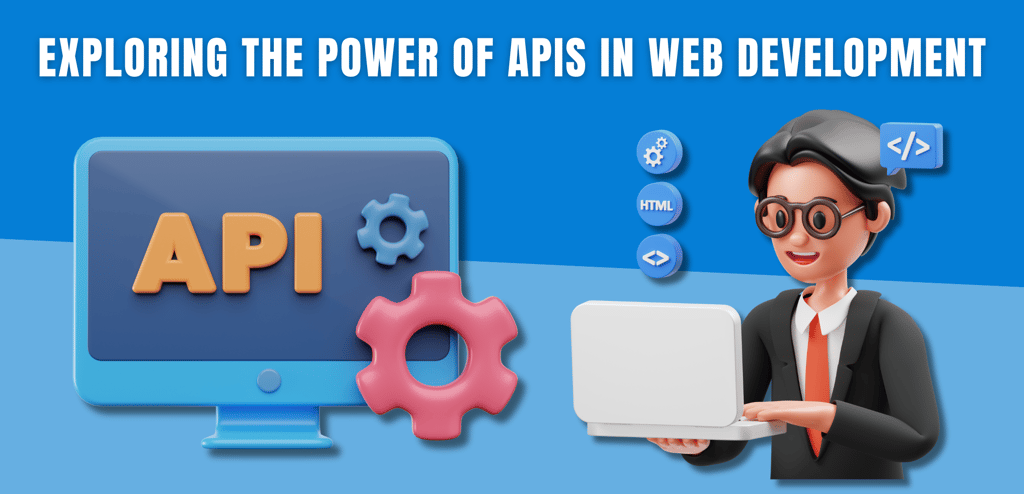
Exploring the Power of APIs in Web Development
By AZ Konnect Team
5/22/20242 min read


In the dynamic landscape of web development, Application Programming Interfaces (APIs) have emerged as powerful tools for enhancing functionality, enabling connectivity, and streamlining workflows. In this blog post, we'll delve into the world of APIs, exploring their significance, capabilities, and the myriad ways in which they empower developers to create robust and innovative web applications.
Understanding APIs: An Application Programming Interface (API) is a set of rules, protocols, and tools that allows different software applications to communicate and interact with each other. APIs define the methods and data formats that applications can use to request and exchange information, enabling seamless integration and interoperability between disparate systems.
Enhancing Functionality: APIs play a crucial role in enhancing the functionality of web applications by providing access to external services, data, and resources. Developers can leverage APIs to incorporate a wide range of features and capabilities into their applications, such as geolocation services, payment processing, social media integration, and third-party plugins. This modular approach enables developers to focus on core functionality while leveraging existing APIs to extend their application's capabilities.
Enabling Connectivity: APIs facilitate connectivity between different components of a web application, as well as between multiple applications and services. By exposing endpoints that allow for data retrieval, manipulation, and transmission, APIs enable seamless communication between client-side and server-side components, as well as between distributed systems and third-party services. This connectivity enables developers to create integrated, interoperable solutions that leverage the strengths of various technologies and platforms.
Streamlining Workflows: APIs streamline development workflows by providing standardized interfaces and pre-built functionality that developers can leverage to accelerate development and reduce complexity. Rather than reinventing the wheel for common tasks, developers can use APIs to access pre-existing solutions and services, saving time and resources. Additionally, APIs promote code reuse and modularity, allowing developers to build upon existing components and focus on solving higher-level challenges.
Fostering Innovation: APIs foster innovation by empowering developers to build upon existing technologies and create new, innovative solutions. By providing access to a wealth of resources, data, and functionality, APIs enable developers to experiment, iterate, and innovate without having to start from scratch. This open, collaborative approach encourages creativity and exploration, leading to the development of groundbreaking applications and services that push the boundaries of what's possible on the web.
Leveraging Third-Party Services: APIs enable developers to leverage the capabilities of third-party services and platforms, ranging from cloud infrastructure and analytics tools to social media networks and e-commerce platforms. By integrating with these services via APIs, developers can tap into a wealth of functionality and resources without having to build or maintain them in-house. This allows for rapid development and deployment of feature-rich applications that leverage the expertise and infrastructure of established service providers.
Ensuring Scalability and Flexibility: APIs play a crucial role in ensuring the scalability and flexibility of web applications by decoupling components and promoting loose coupling between systems. By exposing well-defined interfaces that shield internal implementations from external dependencies, APIs enable applications to scale horizontally, handle increased load, and adapt to changing requirements without requiring significant rewrites or disruptions.
In conclusion, APIs are a cornerstone of modern web development, empowering developers to enhance functionality, enable connectivity, streamline workflows, foster innovation, leverage third-party services, and ensure scalability and flexibility. By embracing APIs as powerful building blocks for web applications, developers can unlock new possibilities, accelerate development, and create innovative solutions that deliver exceptional value to users.
Subscribe To Our Newsletter


